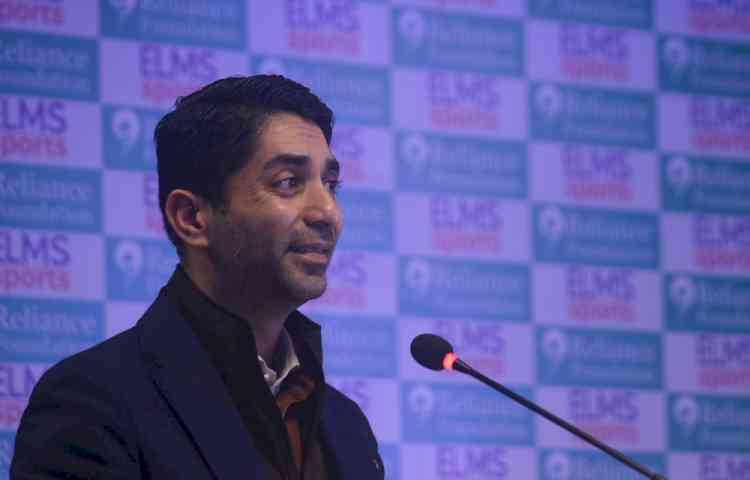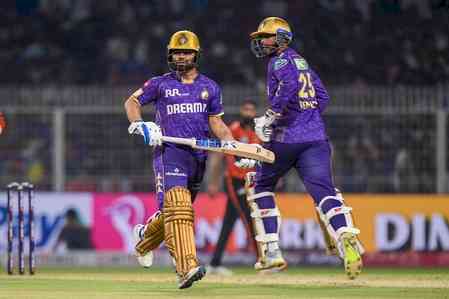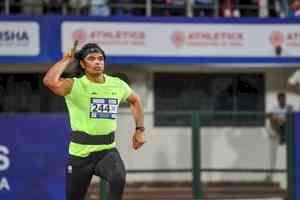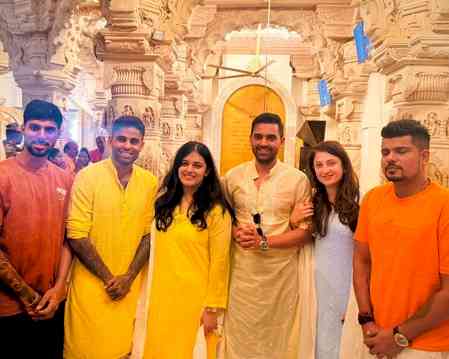Three-year Olympic cycle for Paris 2024 will be tricky: Abhinav Bindra

Mumbai, Aug 19 (IANS) India had its best medal haul in the Tokyo Olympics with Neeraj Chopra winning gold in javelin throw but the road to Paris will be difficult given the shorter Olympic cycle, according to Abhinav Bindra, the first Indian to win an individual gold medal in the quadrennial showpiece.
"It was a historic performance with the best-ever seven medals. There were moments of great triumph and heartbreaks, but that is what sport is all about. We have a good momentum now going forward. I see the next Olympics cycle will be tricky, primarily because of the shorter cycle. Normally athletes get a year post Olympics that allows them to rest and recover, but this time around they need to get back pretty quickly," said Bindra at a webinar organised by ELMS Sports Foundation.
Besides Chopra's gold, India won silver medals through weightlifter Mirabai Chanu and wrestler Ravi Kumar Dahiya while shuttler PV Sindhu, boxer Lovlina Borghain, wrestler Bajrang Punia and the men's hockey team bagged the bronze medals at the Tokyo Olympics which were held from July 23-August 8.
The shorter cycle for Paris is became the Tokyo Olympics were postponed from 2020 to 2021 due to the Covid-19 pandemic, thus reducing the cycle from four years to three. The athletes will now be left with the challenge of having less qualification events and quotas and the international federations will have to schedule them in such a way that there is enough gap between the qualifiers and other events.
Bindra, who won the 10m air rifle gold in Beijing 2008, believes that bringing in scientific methods and creating a high-performance environment at the grassroots level will be critical going forward.
"We talk about top leaderships but I think we need to get more quality in the second-level of leadership. We need to empower these people with knowledge of how to set a high-performance environment. Incorporating science, technology, engineering, analytics and medicine to athletes' training and development not just at elite level but basing it right at the grassroots level is important," the elite shooter said.
The 38-year-old also felt the country's college level sporting system is not developed effectively enough and needs to be conducted in a much more meaningful way going forward as a lot of talent is lost in the transition from junior to elite level.


 IANS
IANS 








